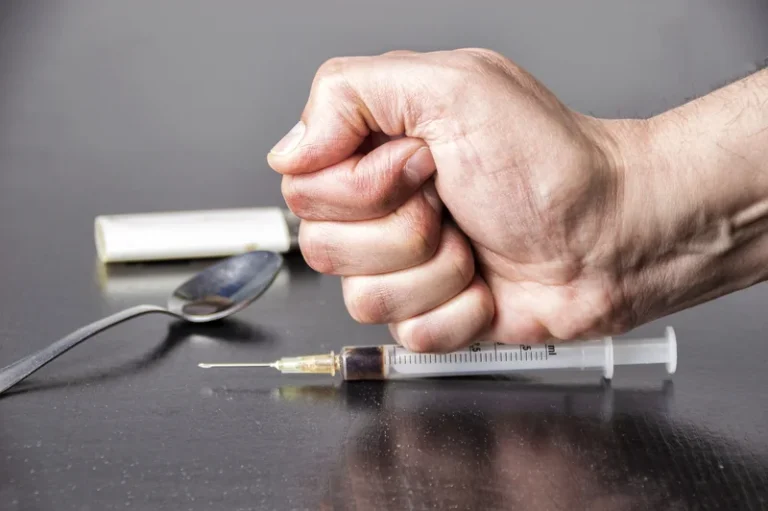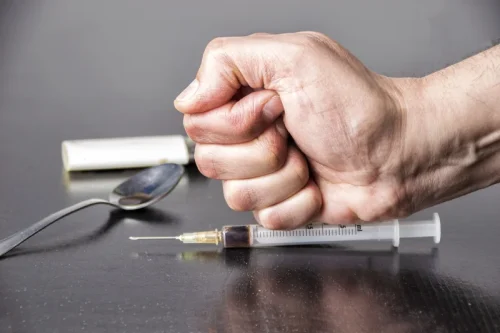
While not all addiction causes the same feelings or withdrawal symptoms, all substance abuse stems from similar sources, such as the desire to numb physical or emotional pain. Alcoholism is a specific term referring to Sober living house addiction to alcohol, while drug addiction indicates a generalized condition wherein one can be addicted to any substance. If you think you’re struggling with an alcohol use disorder and want professional help,call The Recovery Village.
- As you seek help and hope to rebuild your life, you will likely encounter these terms again and again.
- To help clarify the difference between the two, let’s take a closer look at alcoholism vs alcohol abuse.
- But as of 2013, alcoholism is no longer considered a diagnostic term used by medical professionals (2).
- AUD affects a significant portion of the population, with millions of adults and adolescents experiencing its detrimental effects.
Professional Resources
Dr. Hoffman has successfully treated hundreds of https://ecosoberhouse.com/ patients battling addiction. Dr. Hoffman is the Co-Founder and Chief Medical Officer of AddictionHelp.com and ensures the website’s medical content and messaging quality. However, if abuse has become a dangerous pattern, a person may need more intensive treatment. There are several forms of abuse, with varying degrees of drinking with each.
WHAT IS THE DIFFERENCE BETWEEN ALCOHOL ABUSE AND ALCOHOLISM?

Some of the most common withdrawal symptoms include insomnia, dizziness, irritability, tremors, sweating, nausea, anxiety, and seizures. Treatment for alcohol withdrawal should always be overseen by a medical professional. While there are clear differences between alcoholism and binge drinking, both conditions involve destructive behavior that can wreak havoc on a person’s health, finances and relationships. If you or someone you love is struggling with an alcohol problem, understanding the difference between binge drinking and alcoholism can help. With a clearer idea of the problem, it’s easier to get your loved one the help they need to overcome their substance abuse and make a fresh start. The main difference between alcoholism and drug addiction is that alcohol is legal and many controlled drugs are not.
The 6 Stages of Mental Health Recovery

It’s not only for sale at bars, but also at restaurants, gas stations, convenience stores, grocery stores, and all professional sports venues. You can’t watch television without seeing at least one beer, wine, or liquor commercial, promising alcohol will make you the most popular and desirable man or woman at any party. Doctors typically prescribe medication in combination with counseling to address the psychological elements of addiction. If you spend most workdays hungover, daydreaming of the glass of wine you’ll have as soon as you get home, that’s still a concern. It doesn’t matter how tiny the glass is, or how little you drink before becoming intoxicated.

Binge drinking therapy usually involves sessions with an addiction treatment counselor, as well as support groups and complementary therapies. In reality, social alcohol consumption can quickly progress to alcohol abuse, and ultimately, to what is the difference between alcohol abuse and alcoholism alcohol dependence or addiction. If you’re wondering whether you or a loved one is addicted to alcohol, take our self-assessment test to find out whether your drinking is problematic. The subtle difference between alcohol abuse and alcohol dependence is important; however, both conditions are similar in that they often originate with the same behavior – social drinking.
Reset Your Mind: Benefits of Inpatient Mental Health Care
- Alcohol treatment uses various methods to help with withdrawal and addiction.
- Medication-assisted treatment (MAT) for opioid use disorder is expanding to include alcohol abuse, potentially revolutionizing care access and outcomes.
- Alcohol kills by direct neuropharmacological effects on the brainstem when someone drinks too much (i.e., when they overdose).
- Both conditions can lead to an increased risk of co-occurring mental health disorders, necessitating treatment that addresses both substance use and mental health simultaneously.
Use person with alcohol use disorder instead of alcoholic to reduce stigma. Use alcohol misuse instead of alcohol abuse when referring broadly to drinking in a manner, situation, amount, or frequency that could cause harm to the person who is engaging in drinking or to those around them. There are many treatment centers like our rehab in Thailand offer comprehensive services for people struggling with alcohol addiction, including detox, therapy sessions, group meetings, and more. Binge drinking can cause various effects on the body, including physical and psychological illnesses. A 2020 study found that young adults who binge drink have a higher risk of alcohol-related consequences than typical drinking.
Medications

“Dependence” refers to being unable to stop drinking without experiencing withdrawal symptoms while “abuse” refers to continuing to consume alcohol despite adverse consequences. When someone who has been abusing alcohol stops drinking, they may experience withdrawal symptoms. These can range from mild to severe, depending on the level and duration of the abuse.
People may try to overcome their tolerance whenever they drink by consuming more alcohol. Experiencing alcohol withdrawal syndrome is one of the first signs of alcoholism for those who may not have previously seen their drinking habits as a problem. Use person with a substance use disorder (SUD) instead of addict, user, junkie, or drug abuser. A person can have multiple substance use disorders to different substances (alcohol, stimulants, opioids, etc.). Be thoughtful about when to use a plural version of this term versus the singular disorder. NAS refers to a baby experiencing withdrawal symptoms from in-utero exposure to substances like cocaine, psychiatric medications, or those substances and opioids.